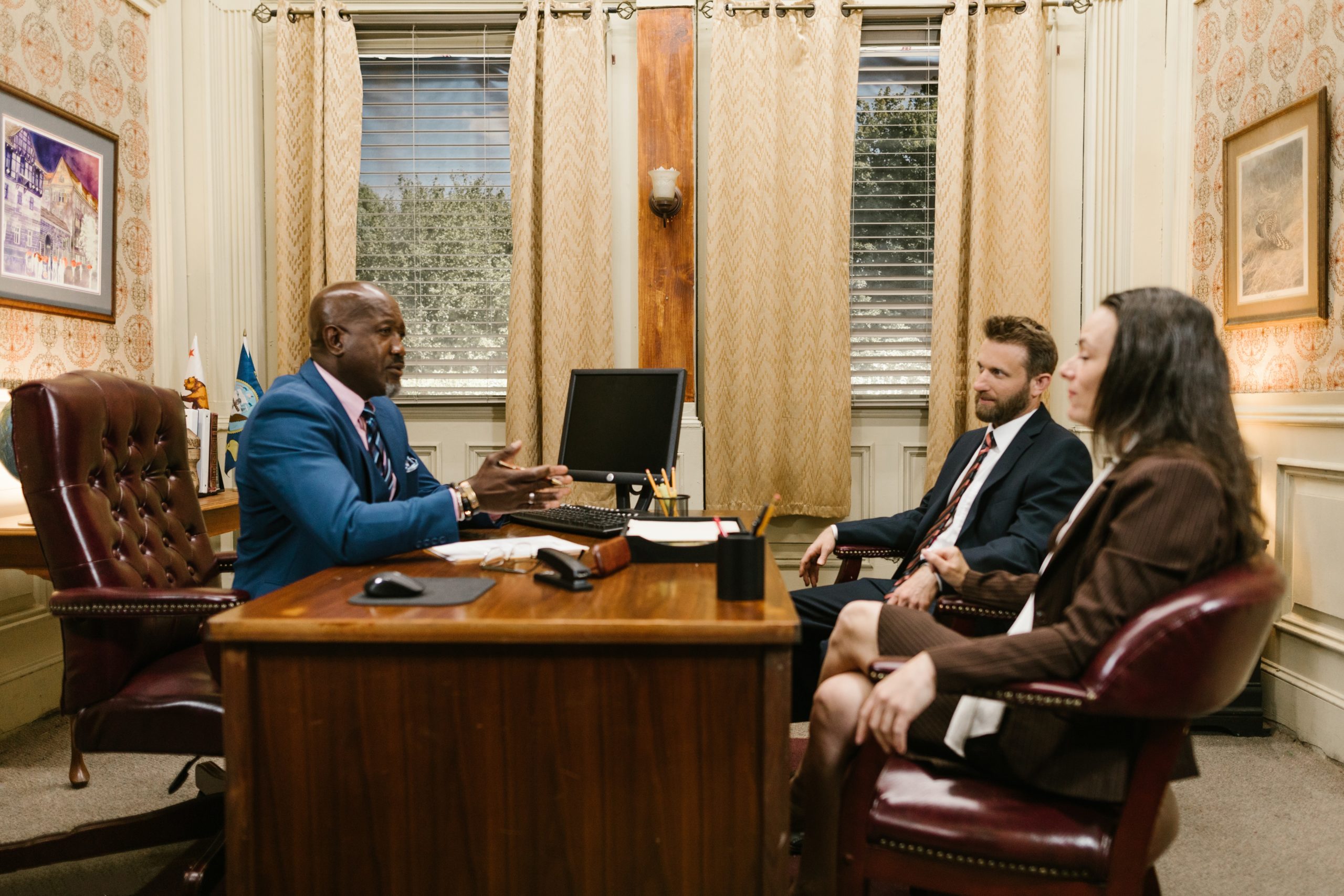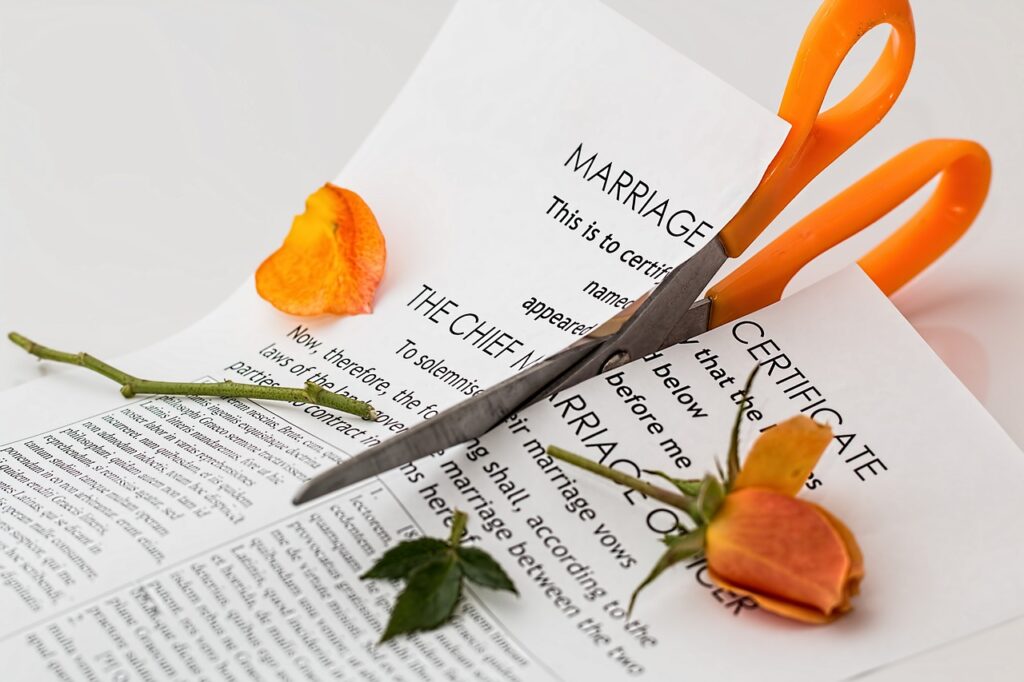Now Reading: 5 Things a Personal Injury Lawyer Won’t Tell You
-
01
5 Things a Personal Injury Lawyer Won’t Tell You

5 Things a Personal Injury Lawyer Won’t Tell You
Studies show that in 2019, in the USA alone, 12.9% of all motorists were uninsured. This suggests that one in eight people being uninsured would experience financial distress, having to deal with expensive healthcare provisions and vehicle repairs without insurance.
What does one do after a motorist accident that has caused a considerable loss? Call a personal injury lawyer immediately. You’ll especially need the most help with a lawyer in uninsured and underinsured motorist accidents.
In any case, the best solution is to hire a suitable personal injury attorney who is fully aware of the semantics and framework of the system and can ensure a successful procedure. There are some things, however, that your attorney would not tell you because they may deem it unnecessary. Here are five essential things a personal injury lawyer doesn’t inform you of.
1. They Might Have Less Experience Than You Think
When working with the law, many aspects have to be kept in mind, one of which is the lawyer’s experience. Many personal injury lawyers have rarely prosecuted in court and taken a case to verdict. In fact, only 5% of personal injury cases advance into court trials. The rest are resolved by pre-trial settlement with the insurance company.
If your case goes to court, you need to be cautious about the personal injury lawyer you hire. Attorneys may not give you the details of any experience before your case. An intelligent way to approach this would be to review testimonials from previous clients to get an idea about your lawyer’s performance.
It’s best to work with a personal injury lawyer after an accident. That way, your lawyer can gather more substantial evidence. Moreover, you prevent making statements or actions that can incriminate yourself before the police, the other parties, and the insurance company.
But not all personal injury lawyers know the right questions to ask and the evidence to find. So, you must find a lawyer with years of experience and a good network of professional connections, including private investigators and medical experts. Moreover, hire a local attorney. Local personal injury lawyers are knowledgeable about the traffic laws in the area, which can affect the outcomes of a personal injury case.
Assess the lawyer’s legal expertise and experience by taking due diligence to interview prospective lawyers before making a decision. Initial legal consultations are free, and you can take the chance to gauge the expertise of the lawyer. Once you have found the best lawyer to represent you before the insurance company and the court, you can entrust your case with full confidence.
2. If They Have Substantial Resources for Your Case
Some firms simply don’t have enough resources to cover the up-front fee that your case needs alongside other expenses, such as court costs, your medical payments, and expenses of the investigation which needs to be done. This may be a problem, especially if you have decided to opt for a cheaper firm.
When you’re dealing with a newer or smaller law firm, there can be a higher chance of financial instability. Sometimes, even larger firms face economic issues with upscaling overhead and operational expenses due to internal and external factors, such as budgeting issues and inflation. You need to ask the right questions to ensure that the firm has enough resources to present your case.
3. No-Fee Guarantee
The industry standard, especially with personal injury lawyers, is a ‘no-fee guarantee.’ This means that if a case doesn’t succeed, the client does not need to pay anything. This may sound beneficial for clients, but it means that the firm has sustained loss. This is because of the resources they have already spent on your case. To avoid this, most firms do not inform clients about the ‘no-fee guarantee.’ However, if you are in financial constraints yourself, you should be able to take advantage of the contingency fee basis by inquiring your chosen firm about it.
From the start, ask your lawyer about the no-fee guarantee and contingency fee. Generally, the contingency fee percentage ranges between 30% and 40% of the recovery, which must be clearly outlined in the contingency fee agreement. The fee is often staggered for the attorney to obtain a higher percentage because of more work and time required if a personal injury case goes to a court trial.
4. They Might Be Outsourcing Your Case
Many firms claim to specialize in a case’s exact area and nature to attract more clients. However, they may outsource your case to another attorney at a lower fee while getting your full commission, which gives them a higher profit. When consulting the firm, ensure that it advances and investigates your case by itself.
5. If They Have a Team of Sufficient Size and Skill
Personal injury cases often require large teams of support staff to deal with the paperwork and mundane tasks that an attorney doesn’t have the time to do. A lot of research and skill is required when looking for evidence alone, which is one of the most crucial aspects of your case and can determine your success or failure. Even pre-trial settlements are based on the evidence provided by the law firm. You must ensure that the law firm has a competent and diligent team to ensure your success.
Endnote
The operations and procedures of law are complicated and can be hard to comprehend by people who aren’t advocates of the law. Whenever you find yourself in any situation involving the law, ensure you do adequate research to guarantee that you succeed without facing any loss. Enquire about your chosen firm’s experience and look into client testimonials. You need to make sure they have sufficient resources and skilled lawyers to handle your case. Ask about contingency plans as well to ascertain that you get the best possible results at an optimal investment.










